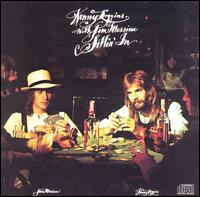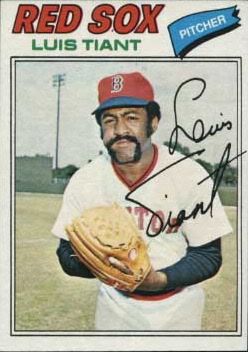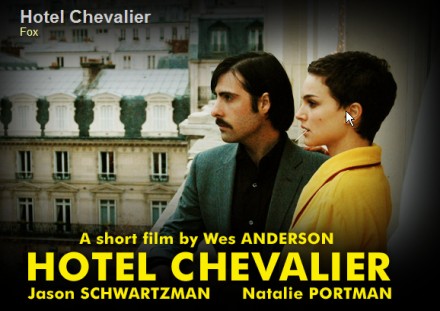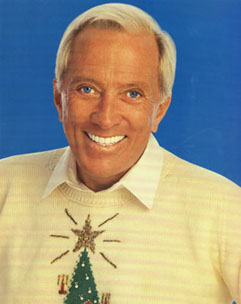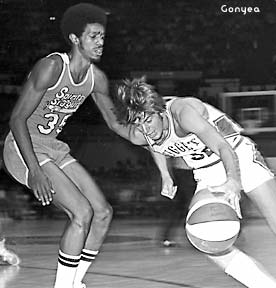At the instigation of OPC reader JHB, who felt like I had only scratched the surface of the New Dylan phenomenon in my item on
Steve Forbert, I went nosing around to see if there was any sort of canonical list of New Dylans extant. (JHB suggests that OPC fave Al Stewart was a New Dylan, but I think he was more of a new Ian Anderson.)
I have found an article from a publication called
Tension, written by a gentleman named Paul Most, which lists the following New Dylans, many of which I hit on my first go-round:
1. Steve Forbert
2. Tracy Chapman
3. Beck
4. Steve Goodman
5. Jakob Dylan
6. John Prine
7. Bruce Springsteen
8. Donovan
9. Billy Bragg
10. Bob Dylan (no, I'm not kidding)
Looking over this list, I think Springsteen really killed off the idea of there being any such thing as a New Dylan. Any performer who would even approach the significance of a Bob Dylan would have to be, by definition, exciting and new, as they used to say about the Love Boat, and not a rehash of someone else. In other words, for someone to attain some semblance of Dylan-ness, they have to end up not being a lot like Dylan after all. (In that sense, Beck is kind of a good comp.)
There's also a promotion on Amazon.com pushing a list of selections from "New and Old 'New Dylans.'" Apparently, in the mind of the Amazon.com editors, if you write and sing your own songs, have a somewhat atonal voice, and/or aim for something above basic literacy in your lyrics, you're a New Dylan. Check out this list:
* Bright Eyes (OK)
* Jack Johnson (No)
* Elliott Smith (More of a new John Lennon, but whatever)
* Jackie Greene ( :-P, and even more points off for making me resort to emoticons; anyone who would write a song at this point boasting about how he was "going to dance with the devil," and
mean it, doesn't even deserve to
listen to Bob Dylan)
* Mason Jennings (don't know him)
* Grant Lee Phillips (OK, maybe)
* Willy Mason (Don't know him)
* Ben Harper (Definitely not)
* Steve Forbert (Yup)
* Bruce Springsteen (Yup)
* Amos Lee (He's different from Ben Lee, right?)
* Patti Smith (Huh?)
* Elliott Murphy (The parodic New Dylan)
* Mott the Hoople (Aren't they the new Bowie?)
* Dan Bern (He's nuts, right?)
* Loudon Wainwright III (Yup)
* Pete Yorn (Maybe)
* Iron & Wine (Never heard them)
* Tom Petty (No)
* Peter Case (The New Dylan-in-Law)
* Ani DiFranco (OK, I can go with that)
* Steve Earle (Maybe)
* Josh Ritter (Don't know him)
* Joe Henry (I guess)
Well, that's kind of a motley list, isn't it. I mean, Tom Petty? But if you take one thing away from it, let it be this: Jackie Greene is bad.






